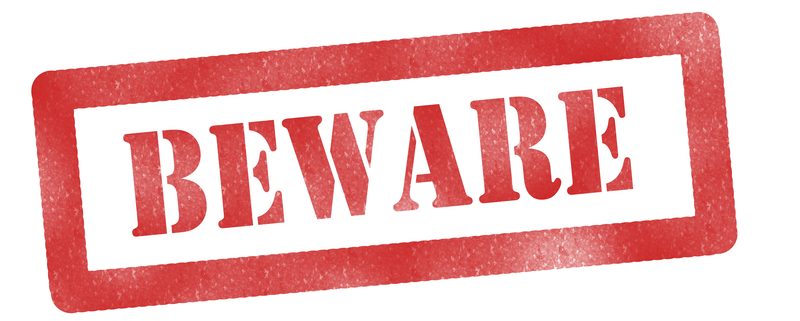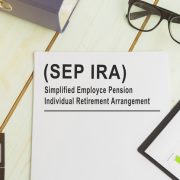Why Self-Directed IRA Holders Should Beware of Investments that Label Themselves IRS-Approved
When you use a Self-Directed IRA, you are in control. For many people, that is a blessing. It means that you are taking hold of your own financial reins, making decisions that could benefit you for retirement. But it also means that you are making more decisions yourself. You are not beholden to a specific type of plan with limited offerings. Instead, you are using more freedom and flexibility to look beyond the traditional path in whatever you see fit.
This means one thing: you should be careful. In particular, you should look out for a particular type of investment that should instantly set off alarm bells in your mind. Here is what you need to know about investments that label themselves “IRS-approved.”
Why You Should Avoid “IRS-Approved Investments”
In a sentence? Because the IRS does not approve investments.
In fact, the IRS itself released a guide, An Important Message to Taxpayers with IRAs. In this guide, the IRS makes it clear that investors should be very wary of so-called “IRS approved” or “IRA approved” investments. Why? Because these are misleading you into believing that the IRS even has a process for approving such investments for sale. In fact, the IRS even says that it will not send out notices to retirement investors that their current retirement investments are complying with requirements. It is simply not a part of the process.
For that reason, you should exercise caution whenever you see an investment that calls itself “approved” by the IRS. The IRS actually spends more time focusing on what you cannot hold within a retirement account by making these abundantly clear—such as collectibles like art and fine wine. When someone is saying “IRS approved,” it tends to refer to one of two things. First, it may refer to an investment that will not run you afoul of IRS rules, such as holding public company stock within an IRA. We are all familiar with that process. Second, it could be a misleading claim that intends to convince an investor that the IRS has looked at a particular investment, reviewed it, and stamped its approval onto it.
Why Is This a Red Flag?
The phrase “IRS approved” itself can be a red flag, because it represents a fundamental misunderstanding of what the IRS does. The IRS does spell out retirement rules for investors. It talks about disqualified persons, for example, or outlines the regulations for prohibited transactions. But this does not inherently mean that the IRS goes the opposite way, telling you what you can invest in, and letting you know that a certain investment is in compliance.
For that reason, Self-Directed IRA investors should understand that they need people in their corner, such as a good tax professional who can offer them advice. It also helps to work with a Self-Directed IRA administration firm, who can double-check paperwork and ensure that transactions as requested are valid. But if you look to a stamp of approval from the IRS, you will not find one—because none are offered. Instead, let the phrase “IRS approved” or “IRA approved” be a red flag in your mind. It means that someone may be trying to mislead you.
This might sound scary, but the truth is, once you know the basic rules of a Self-Directed IRA, it is not such a difficult account to navigate. You simply have to know the boundaries, and what you can’t do within an IRA, such as holding personal property. Interested in learning more about Self-Directed IRAs? Contact American IRA, LLC at 866-7500-IRA (472) for a free consultation. Download our free guides or visit us online at www.AmericanIRA.com.








